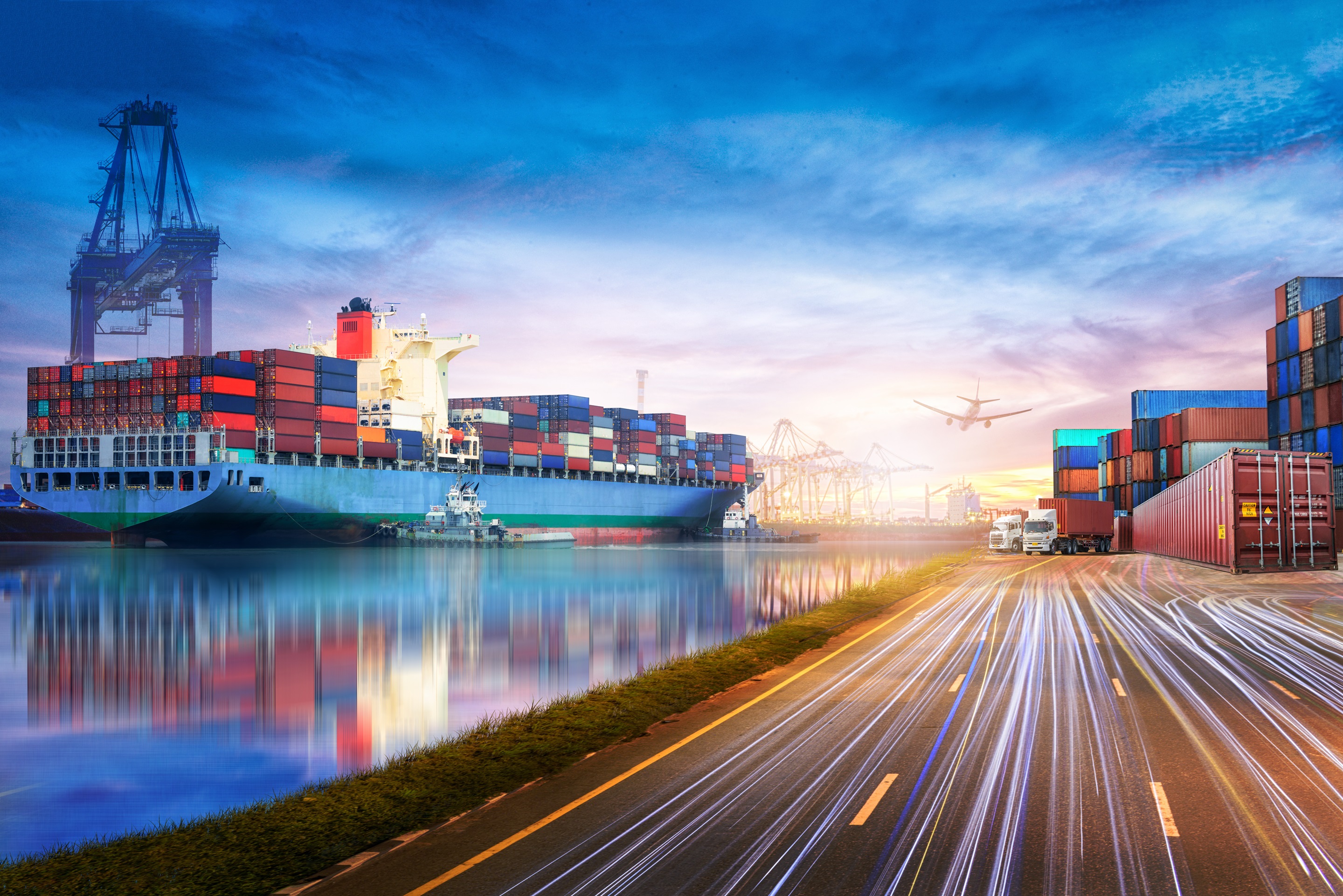-
Global
-
Africa
-
Asia Pacific
-
Europe
-
Latin America
-
Middle East
-
North America
- |
- Partners
- |
-
Currency:Localize your Content
You can set your preferred currency for this account.
Choose a Currency
Currency- CHOOSE YOUR CURRENCY
Update Currency
Changing Currency will cause your current cart to be deleted. Click OK to proceed.
To Keep your current cart, click CLOSE and then save your cart before changing currency.
-
Select Account
Switching accounts will update the product catalog available to you. When switching accounts, your current cart will not move to the new account you select. Your current cart will be available if you log back into this account again.
Account# Account Name City Zip/Post Code CANCELPROCEEDMy Account
-
Global
-
Africa
-
Asia Pacific
-
Europe
-
Latin America
-
Middle East
-
North America
- |
- Partners
- |
You are browsing the product catalog for
You are viewing the overview and resources for
- News & Events
- Featured stories
- Top Supply Chain Trends and Insights from the NextGen Supply Chain Conference
Top Supply Chain Trends and Insights from the NextGen Supply Chain Conference


Top Supply Chain Trends and Insights from the NextGen Supply Chain Conference
Matthew Sterner
31 October 2024
The NextGen Supply Chain Conference that wrapped-up last week in Chicago brought together industry leaders to explore the latest advancements and trends in supply chain management. With a focus on digitization, sustainability, and innovation, this year's conference gave a comprehensive look at how organizations are adapting to a rapidly changing landscape.
Key Trends and Insights
- Digital Transformation, AI, and Automation
Organizations are increasingly adopting advanced technologies, including artificial intelligence (AI), real-time data analytics, and IoT, to enhance supply chain visibility and responsiveness. AI plays a pivotal role in optimizing decision-making processes, enabling predictive analytics that helps forecast demand and manage inventory more effectively. Automation further streamlines operations, reduces manual errors, and improves efficiency, allowing companies to respond quickly to changing market demands and customer needs. - Sustainability Initiatives
A continued focus on sustainability is prompting companies to implement eco-friendly practices, including renewable energy usage and sustainable materials. Integrating advanced battery technologies into material handling equipment fleets are crucial for reducing carbon footprint and achieving safer, more sustainable operations. - Change Leadership and Employee Engagement
Successful digital transformations require effective change management, particularly through strong employee engagement. Fostering a culture of innovation, along with training programs to upskill staff in new technologies, is vital for ensuring workforce continuity and enhancing organizational adaptability. - Autonomous and Zero-Emission Transportation Technologies
The incorporation of autonomous and zero-emission vehicles in logistics could have a profound impact on transportation strategies and transportation network design. These technologies pose their own adoption challenges that need to be carefully evaluated and planned for accordingly.
By bringing together industry leaders to discuss success stories that tackle the key challenges faced by supply chain practitioners, organizations are equipped with the knowledge and insights needed to effectively navigate the complexities of modern supply chains. This collaboration promotes the importance of innovation and idea sharing, ensuring that companies are well-prepared to tackle the challenges in an ever-evolving marketplace.
Let's Connect!
Sign up to receive exclusive communications from Honeywell including product updates, technical information, new offerings, events and news, surveys, special offers, and related topics via telephone, email, and other forms of electronic communication.
Copyright © 2026 Honeywell International Inc
Maximum File Size
Maximum Files Exceeded
Due to inactivity you will be logged out in 000 seconds.
Maximum File Size
Maximum Files Exceeded
You cannot access this page as this product is not available in your country.

